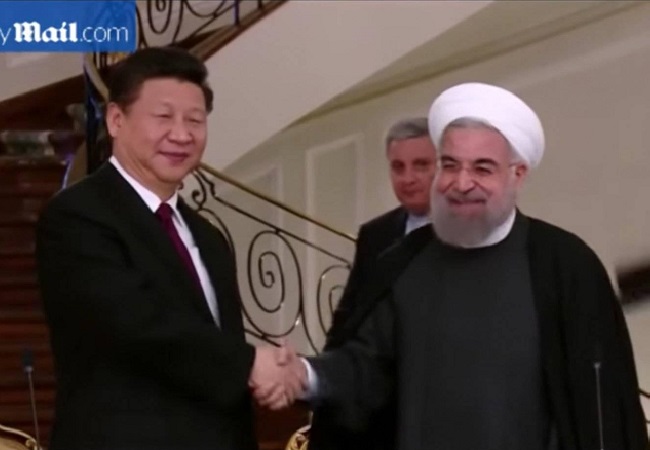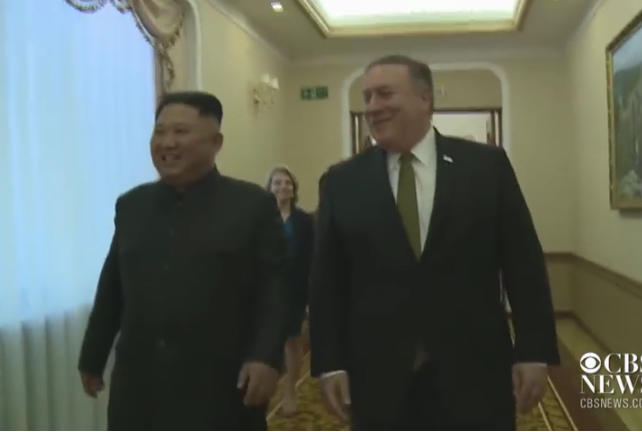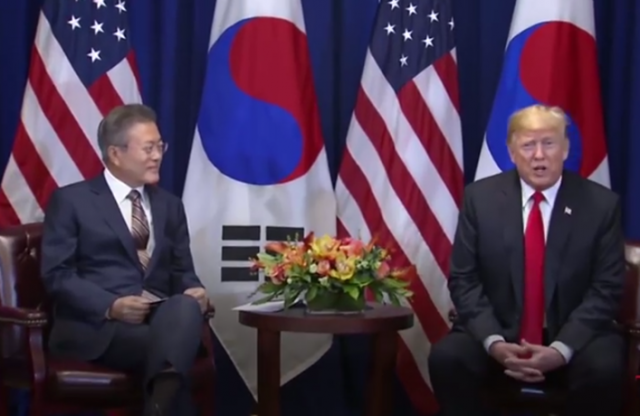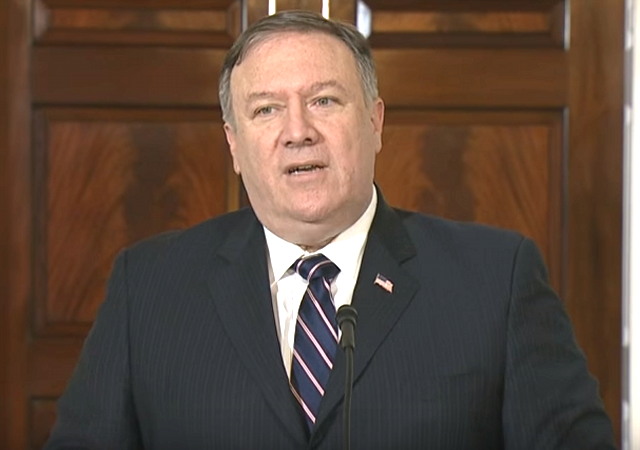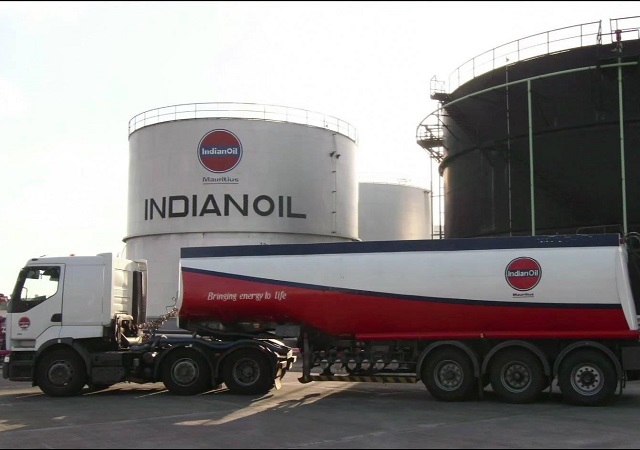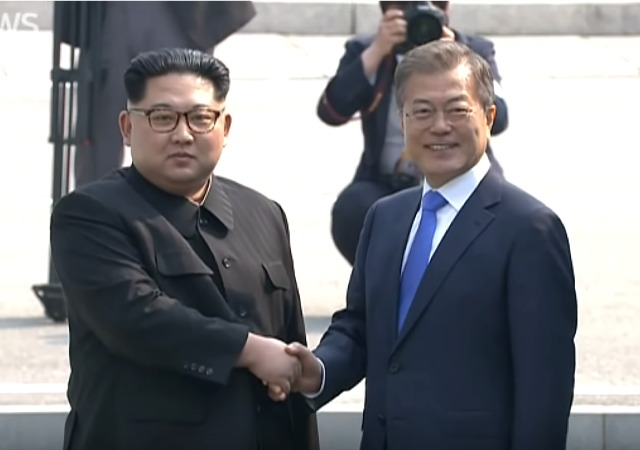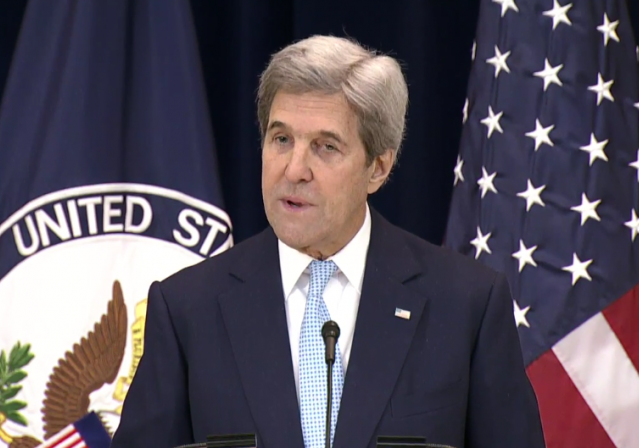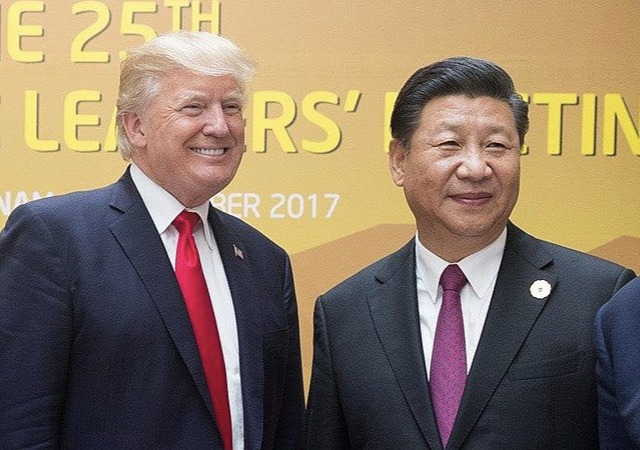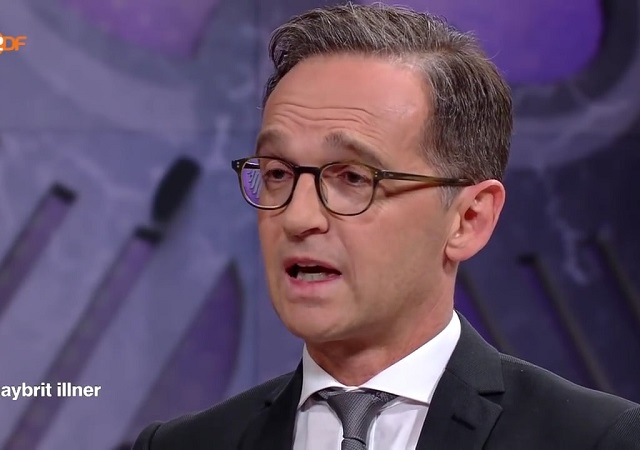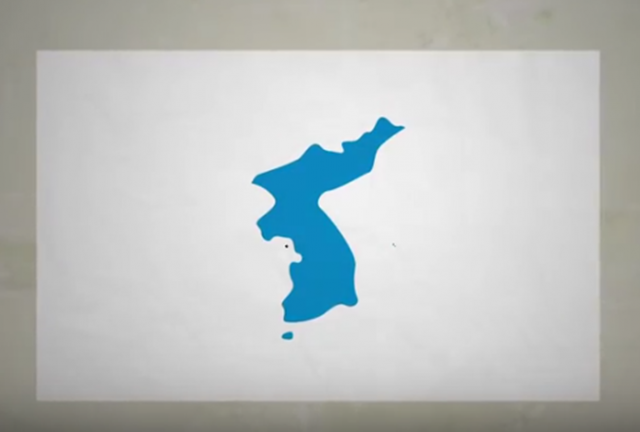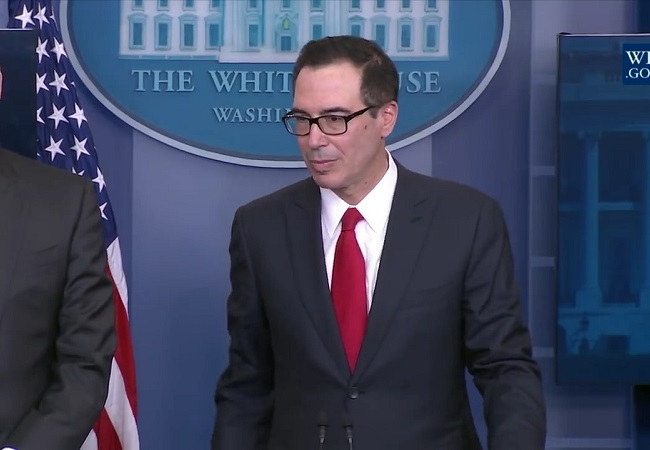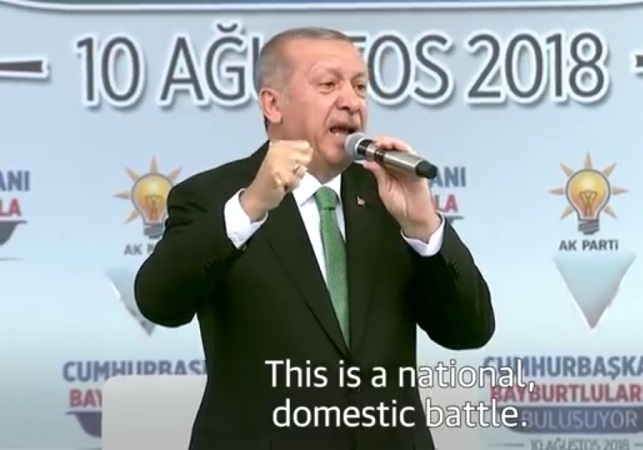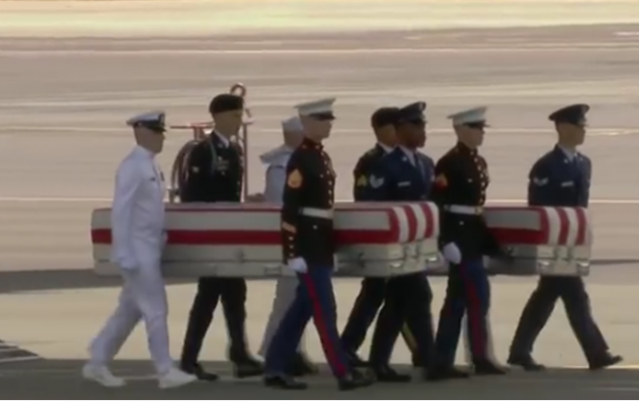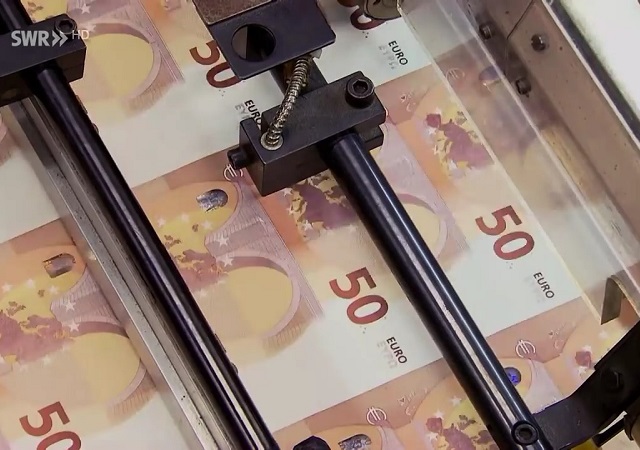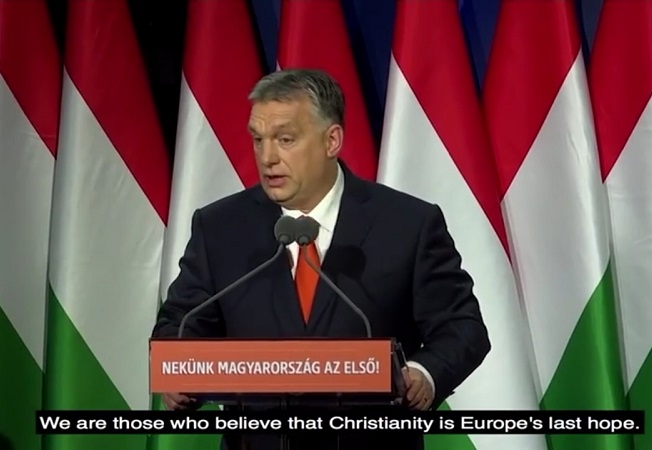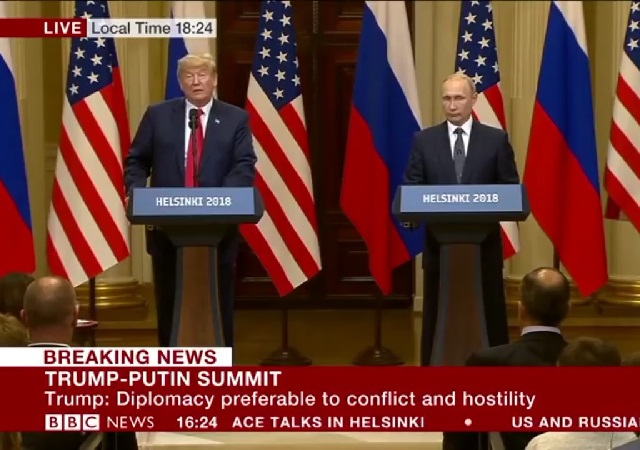Top Chinese Bank to Halt Iranian Payments Ahead of US Deadline
on October 24, 2018
11 Comments
A leading Chinese bank, which acted as the main conduit for payments to Iran, is halting financial transactions with the Islamic Republic, Reuters news agency reports. The state-owned Bank of Kunlun's decision was made "under pressure" of impending U.S. sanctions due to take effect early November, news reports disclose.
The halting of transactions spells trouble for Iran's commercial ties to China, the country's biggest oil consumer. The Bank of Kunlun is controlled by China's state-owned energy group CNPC, a company running multi-billion dollar gas exploration projects in Iran.

